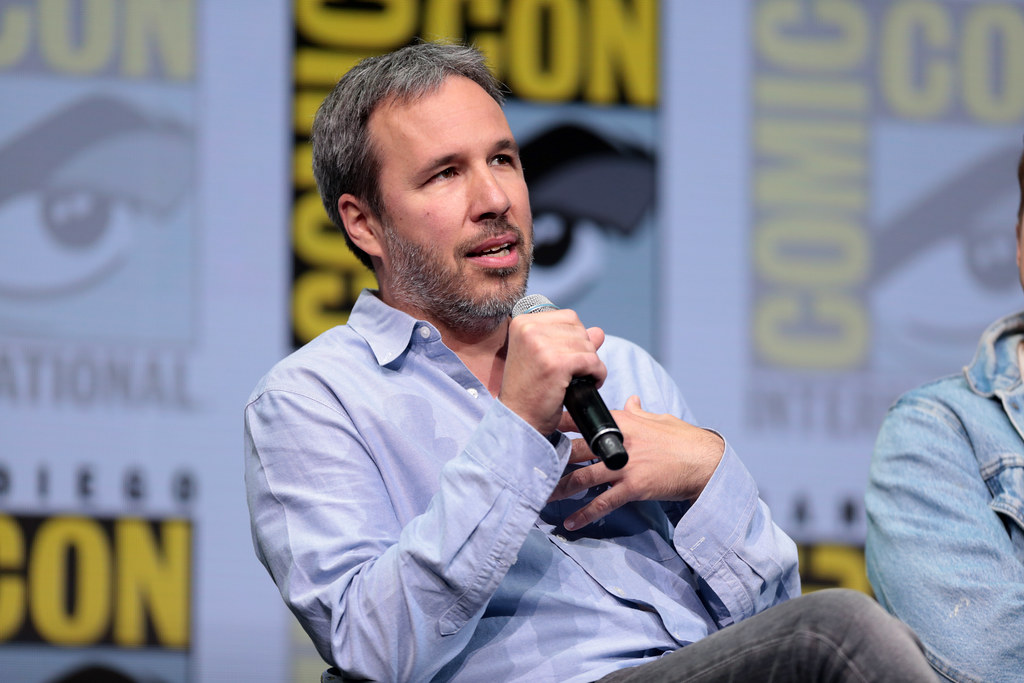
How exactly does a society manage to live in a desert? Or in any climate, to be precise.
In the real world, humankind conquered every region of the world, learned to adapt and bow to the laws that nature governs over us. Along the way, many failed to make the distinction that we’ve not conquered nature, even if that’s been our intention.
Denis Villeneuve’s newest film “Dune” is an adaptation to Frank Herbert’s quintessential science fiction novel of the same name. Other filmmakers such as David Lynch and Alejandro Jodorowsky tried to capture the notoriously difficult grandeur that this novel encompasses. Yet, Villeneuve most captures Herbert’s original vision — one that puts nature at the forefront, like a character with a mind of its own. At the same time, one that captures the political implications that humankinds’ intent at dominion over it entails.
Herbert was deeply interested in ecology and in history, both real and mythological. In “The Maker of Dune,” a novel focused on his crafting of the “Dune” universe, Herbert explained he hoped for “Dune” to be an “environmental awareness book,” an ecological bible of sorts, one which infused nature, culture and spirituality with a tint of prophetic foresight. Herbert hoped that the title “Dune” would echo the sound of ‘doom.’ A subtle reminder of the severity of the themes at hand.
Villeneuve, on the other hand, prepared for this film for most of his life. He mentioned in an interview with Wired that his first daydreams about the film occurred when he was fourteen. His whole filmography, from “Sicario,” to “Arrival,” to “Blade Runner 2049” was an exercise of craft in preparation for this film. You can see it in every frame, from the otherworldliness of the alien artifacts and cities to the contrast of giant worlds and tiny characters. It’s an ever-present reminder of how desolate Earth’s landscape can become.
The film follows Paul Atreides, played by Timothee Chalamet, in the year 10,191 as he descends into the desert world of Arrakis. Paul is a result of a centuries-long plan to infuse a human being with supernatural powers, powers entailing him to see history in its totality, all at once. In a world of interstellar travel, Arrakis contains within its reddish dunes a substance known as “melange,” a spice that when consumed, grants the length of life necessary to withstand gargantuan spans of time of space travel. For this reason, melange is the most sought-after resource in the universe and one of the hardest to obtain.
Arrakis is an inhospitable planet of hazardous temperatures, planetary sandstorms and giant ever-consuming sandworms. Nonetheless, empires throughout history accepted the challenge of exploiting resources for economic gain. They did so through the exploitation of the native people of Arrakis, “the Fremen.” In his vision of history, Paul foresees his role as the messiah, as well as his role in the liberation of the desert dwellers.
Besides the obvious nods at colonialism and modern capitalism, “Dune” can be seen as a critique of mankind’s hubris, one that results from a failure to understand its role in the world’s larger context. In the deserts of Arrakis, little rodents adapt to live in the extreme high noons by collecting their own sweat on their ears and ingesting it back into their bodies. The Fremen learn to live in the desert through a culture that sees nature, not a world to overpower, but as a world to listen to.
In his visions, Paul hears “the mystery of life is not a problem to solve, it’s a reality to experience.” The world has its own mission and our only hope is adaptation.
With “Dune,” Villeneueve crafts a three-hour spectacle featuring a world as true as ours, with people that feel real, full of culture and faith. It showcases the majesty of a planet that shows its power in every frame and intimately shows the miracles that inhabit them.
Not even a week after its release, Warner Brothers greenlit a sequel based on its box office success. Staying true to Herbert’s vision, Villeneueve will finish the epic story that this film has given us a glimpse of.
I highly recommend that you see the film in theaters, on the largest screen that is humanly possible. Not because it makes it more immersive, but because it puts into perspective, at least momentarily, the true humbling scale of the world.
“Dune,” released Oct. 21, can be seen in theaters now.
Featured image “Denis Villeneuve” by Gage Skidmore is licensed under CC BY-SA 2.0






